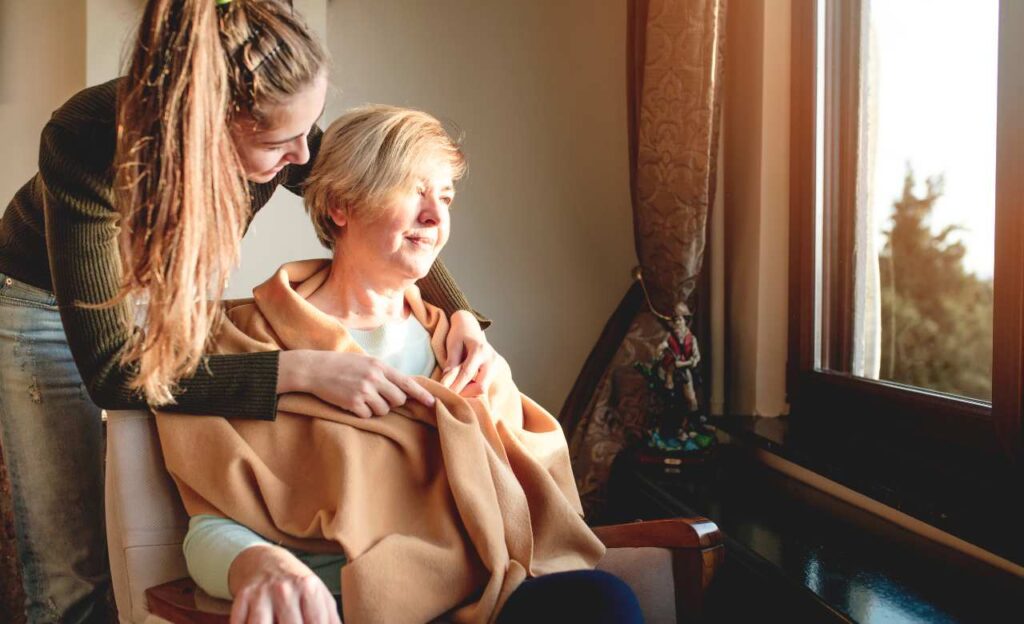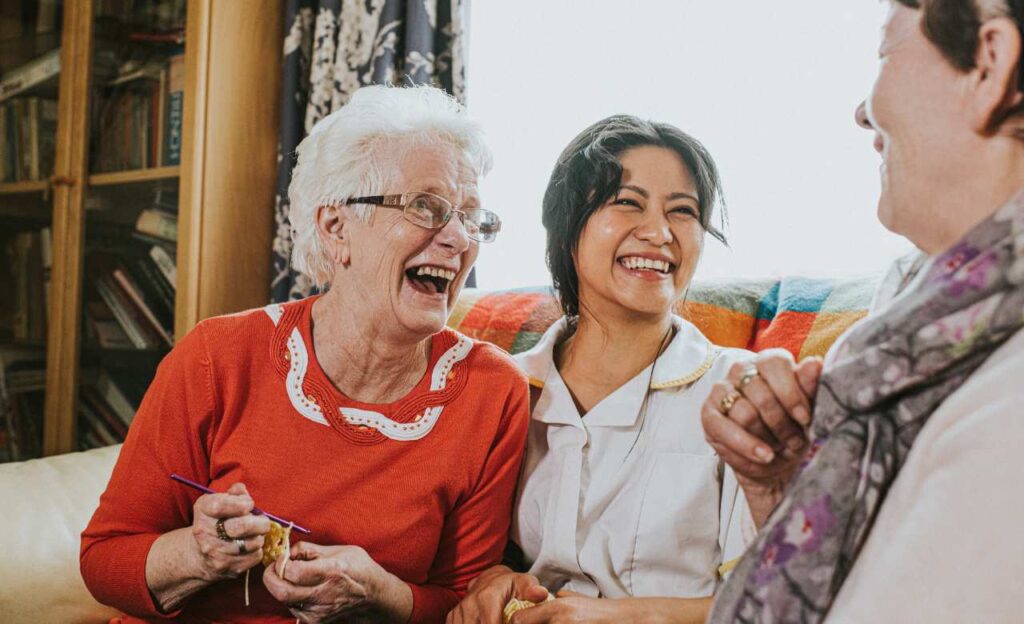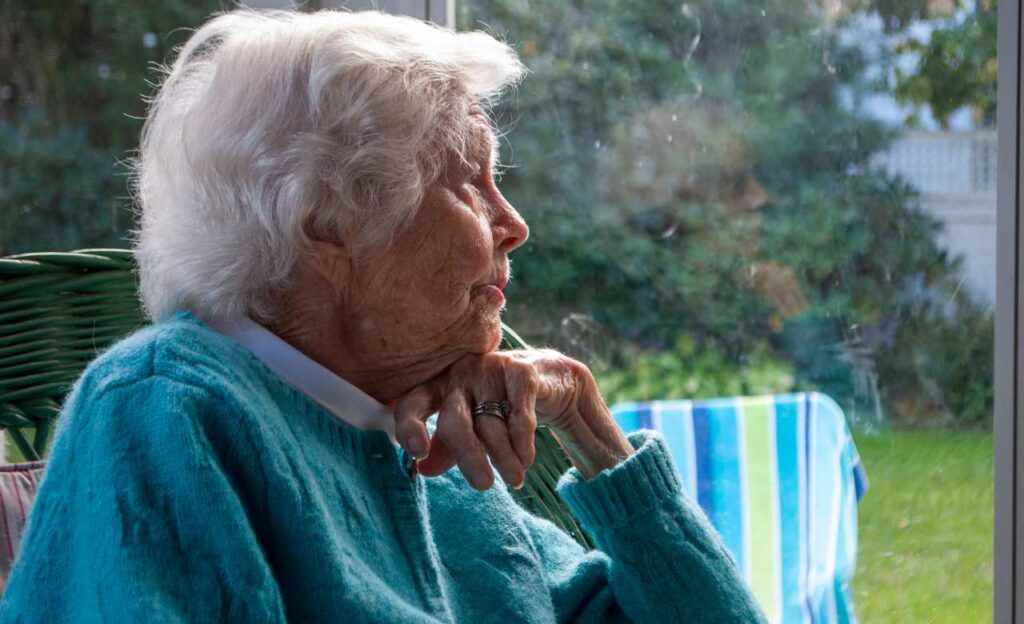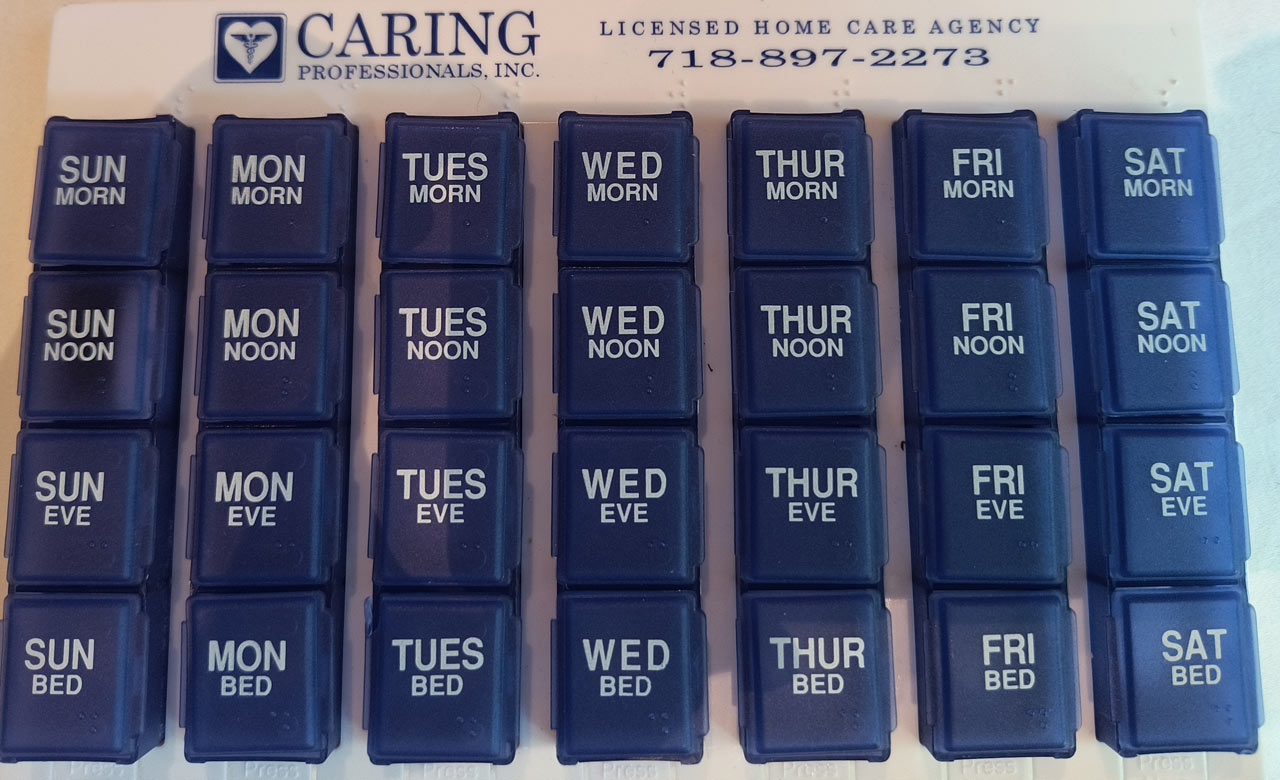Disclaimer: This information is not meant to be legal advice. It is based on information provided by PSS but in no way constitutes full information on a complex topic.
Navigating the complexities of guardianship is a pivotal step for families concerned about a loved one’s ability to care for themselves. Often considered a last resort, guardianship is a legal process entrusted to a court-appointed individual, making critical decisions for someone deemed medically or otherwise at risk. This guide delves into the intricacies of guardianship, exploring its conditions, alternatives such as power of attorney and home care, and the nuanced responsibilities it entails. Understanding this process is crucial for those facing the delicate balance of protecting their loved ones while respecting their dignity and autonomy.
Do I need to know about Guardianship for a Senior?
Yes if you are a family member concerned about someone’s ability to care for themselves. Guardianship is supposed to be the last option for making decisions for someone else when other options have been exercised. Alternatives to guardianship include arranging power of attorney, health care proxy, and home care.

Guardianship is a court-awarded status that allows a person to make decisions for someone who is at risk medically or in other risk situations. It is only awarded by a judge who has decided that the person lacks capacity to make decisions and that that capacity renders the person at risk.
This is a complex process with many steps and many conditions tied to it. Guardianship may be granted temporarily and power may change. It all depends on the needs of the individual person who is called an AIP (Alleged Incapacitated Person). Once the judge decides the person needs a guardian, the person is called a PING (Person in Need of a Guardian) if they consent to it. An IP (incapacitated person) is someone who is found to be incapacitated by a judge who appoints a guardian. But it takes petitioning, court filings, judicial reviews, evaluations, and several steps before guardianship is granted.

Without going into the complexities, it is important to clarify that there are two sets of powers that may be granted singly or together if there are unmet needs and the adult is likely to suffer harm if those needs are unmet. There are property needs of a AIP; these relate to bill paying and transactions. There are personal needs of an AIP; these are connected to personal care and medical needs. Sometimes a person can have two guardians appointed, one for each set of needs. There are also two more requirements: incapacity (or consents to appointment of a guardian) and all lesser restrictive alternatives to prevent harm have been exhausted.
Just because a person is eating junk food or engages in peculiar behavior or refuses to apply for benefits even though they qualify doesn’t necessarily mean that they will suffer from unmet needs. People are allowed to make unwise decisions. There is a concept called dignity of risk. It means that we give people the dignity of being able to make a choice even if it could have negative consequences for the person.
Adult protective services, institutions, neighbors, and others start guardianship cases. They are governed by state and county laws and procedures. The courts monitor and supervise the guardians in their responsibilities. The court stays involved.

There are alternatives to guardianship. There are ways to take care of the unmet needs of the person without a professional guardian (a lawyer or social worker, for example) who is paid to be a guardian.
A highly recommended guide to guardianship is available here.
New York State now has a guardianship prevention and support hotline which takes calls on guardianship matters. Its number is 718 750-8474. It takes live calls and has help available in over 100 languages. It is part of Project Guardianship. This organization addresses the complex needs of New York City’s growing population of older and disabled adults who have no family or friends to care for them and deals with elder abuse, financial exploitation, inadequate care, and other concerns. The goal is to prevent unnecessary guardianship and to give support to caregivers and other stakeholders through the complex system.
We have some other articles on similar topics for you:






